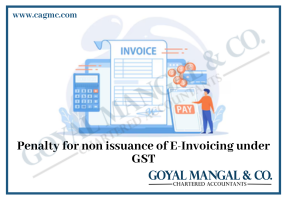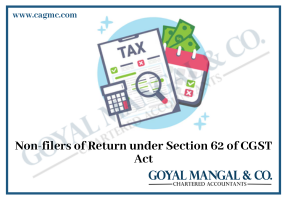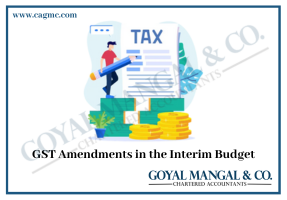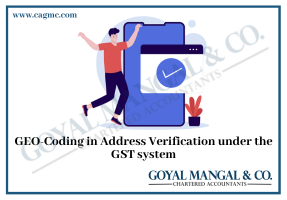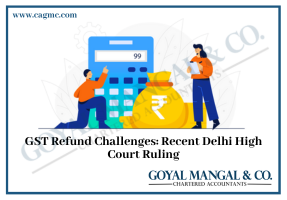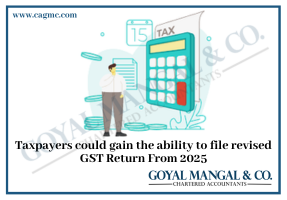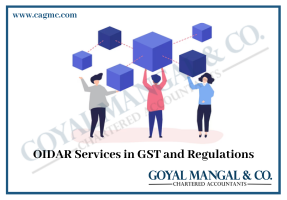
- Which businesses are required to generate e-invoices now?
Ans.Those taxpayers whose aggregate turnover (based on PAN) is exceeding ₹500 crore during a financial year are required to generate e-invoices for B2B transactions. - Which businesses are not required to generate e- invoices?
Ans. Those who are exempted to generate e-invoicing are as follows:
-
- SEZ units
- Insurance banking (including NBFCs) goods transport agency (transporting goods by road in goods carriage)
- Passenger transport services multiplex cinema admissions
- Those taxpayers whose turnover is less than Rs 500 crore
- When will e-Invoicing get implemented in India?
Ans. E- invoicing will be implemented in India from 1st October 2020 onwards as per the notification. - What is the procedure for generation of E-Invoice under GST?
The procedures for generation of E-invoice under GST are as follows:
-
- Businesses are required to generate the e-invoices in the standard format (JSON) as prescribed by the GST Network.
- After the e-invoice generation, the invoice (JSON format) will be updated on the Invoice Registration Portal (IRP) either directly or through third party provided apps.
- The IRP will provide an IRN to the invoice and digitally sign it.
- After this, the IRP will generate a QR code containing the important information of the invoice.
- Finally, the e-invoice will be e-mailed to the seller and the recipient of the document.
- Is an E-invoice being cancelled fully/ partially?
Ans. An invoice can be cancelled fully it must be reported within 24 Hrs but an e-invoice cannot be cancelled partially. - Is there any option available for e-invoice generation on the common GST portal?
Ans. Invoices will continue to be generated on the individual ERP softwares that are currently in use by businesses, so it is not possible to generate e-invoice on the common GST portal. - Is there any facility available to upload invoices in bulk for generation of IRN?
Ans. No, bulk-uploading of invoices is not possible. Invoices are required to be uploaded one at a time into the IRP. The ERP of a company will need to be designed in such a manner, so that it can place the request for upload of individual invoices. - Is there is any option to amend E-invoice?
Ans. Yes, we can amend all the details to an E-invoice. The amendments to an e-Invoice can be made only through the GST Portal. - What are the merits of E- invoicing?
Ans. E-invoice has many advantages for businesses such as standardization, inter-operability, auto-population of invoice details into GST return and other forms, reduction in disputes, reduction in processing costs, improvement in payment cycles and thereby improvement in overall business efficiency. Updating GST Returns also avoids major reconciliation issues, human errors for data entry and also.
